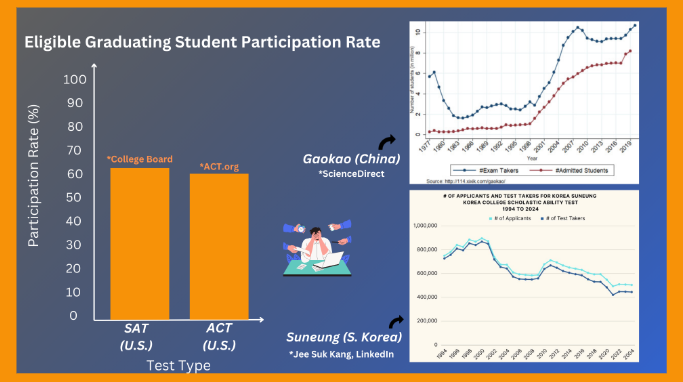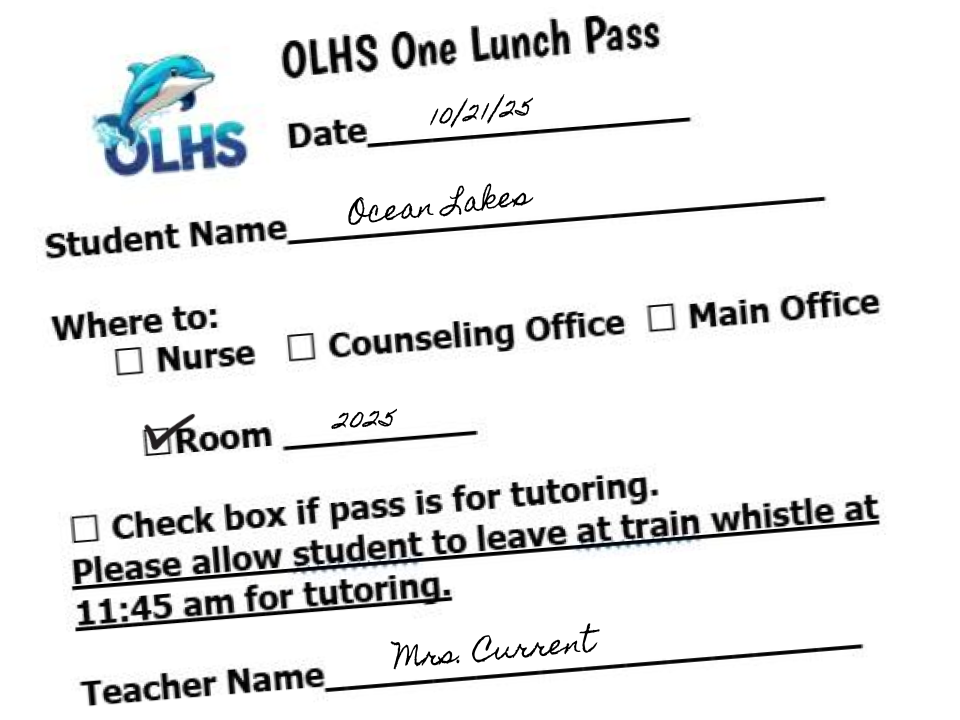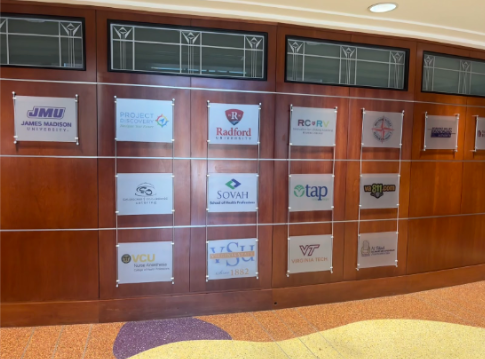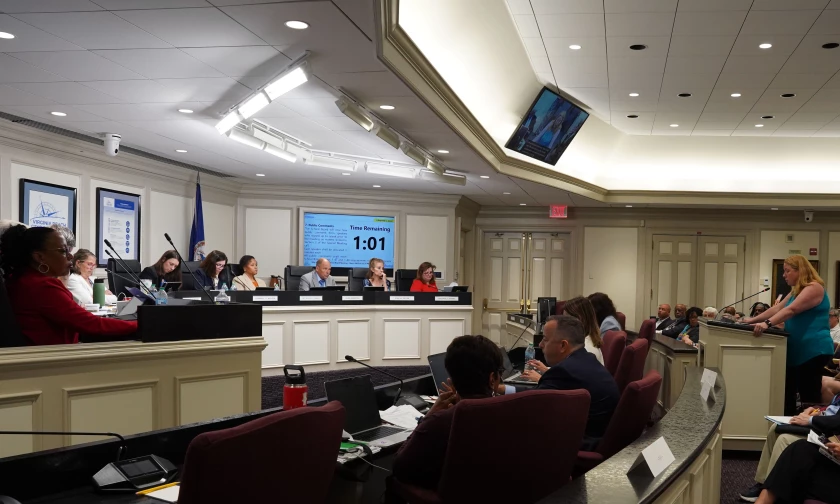Growing stress, competition and pressure to get into various higher education institutions, coupled with record-breaking application numbers, have paved the way for standardized testing to take the spotlight in college applications.
This new-found importance, though, has illustrated parallels between Western standardized testing and make-or-break exams in other countries, such as the Chinese Gaokao and South Korean Suneung.
This is a pressing concern with far-reaching implications that affect all students applying to college.
Throughout their history, the SAT and ACT in the U.S. have long been reliable sources for delineating who gets accepted and who loses $60 on a rejection. It gives students a level playing field to show their memorization skills and competence when performing under timed conditions.
Many states require students to take the SAT, with 11 states surpassing 90% participation, and one state, Indiana, reaching a 100% participation rate for eligible students in 2023, according to PrepScholar.
Similarly, a record-breaking 13.42 million Chinese students sat for the nation’s Gaokao exam in 2024, according to the South China Morning Post.
Although China has a significantly higher student population, the U.S. is hitting similar participation rates in regard to standardized testing. These statistics are troubling because they suggest increasing pressure on students to conform to standardized testing requirements, potentially overshadowing the importance of diverse educational approaches and individual student needs.
While these tests may seem fair in practice, they do not allow the average test-taking student to showcase their abilities beyond the classroom. This remains a very troubling reality that prevents colleges and universities from accepting the most talented and qualified students in place of the best examinees.
Despite this, at least 1,800 U.S. colleges and universities plan on implementing test-optional policies during the 2024-2025 admissions cycle, according to FairTest’s updated test-optional and test-free list.
However, the Common Data Set (CDS), an initiative that displays how heavily certain aspects of an application are considered depending on the institution, states otherwise. The CDS indicates that although standardized testing scores are not required, they are still substantially weighted when compared to other parts of an application and competing students.
Moreover, numerous selective and Ivy League institutions will be reinstating their standardized test score requirement during the fall 2025 admissions cycle, signifying the troubling importance of these tests.
This trend toward reinstating standardized test score requirements in the coming admissions cycles among many colleges is deeply concerning. Shifts like these reflect a troubling return to a reliance on metrics that prioritize test performance over a holistic view of student capabilities. It seems that, despite the strides towards more equitable admissions processes, the U.S. is regressing into a system that gatekeeps educational opportunities based on standardized test scores.
This is reminiscent of the rigid exam systems in countries, such as China and South Korea, where students endure immense pressure to succeed on a single day’s performance, often at the expense of their mental health and overall well-being.
It is crucial for educators, policymakers and communities to advocate for a more balanced approach to assessment that prioritizes diversity in the college application over standardized test scores. Students must advocate for creating educational environments that nurture creativity, critical thinking and well-being, ensuring all students have the opportunity to thrive. Businesses like the College Board and the ACT organization must make a concerted effort in ending their monopolies over the college application process, either through congressional changes or public retaliation.












